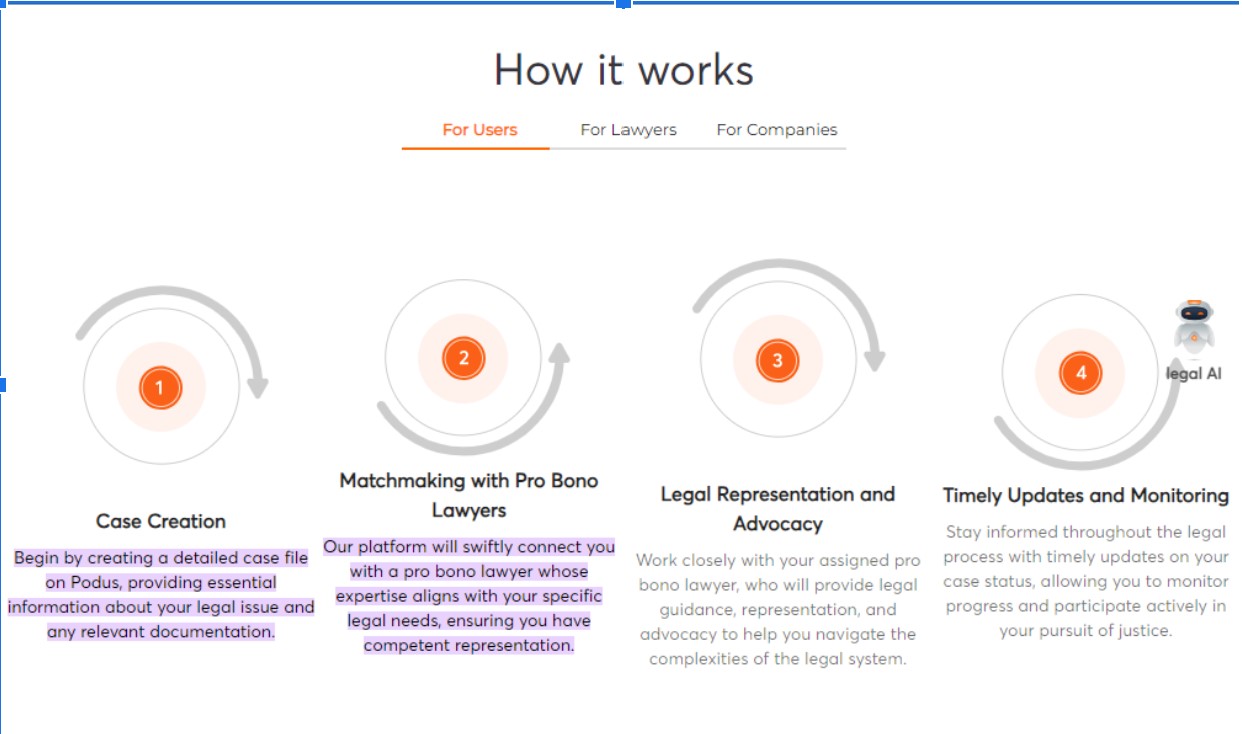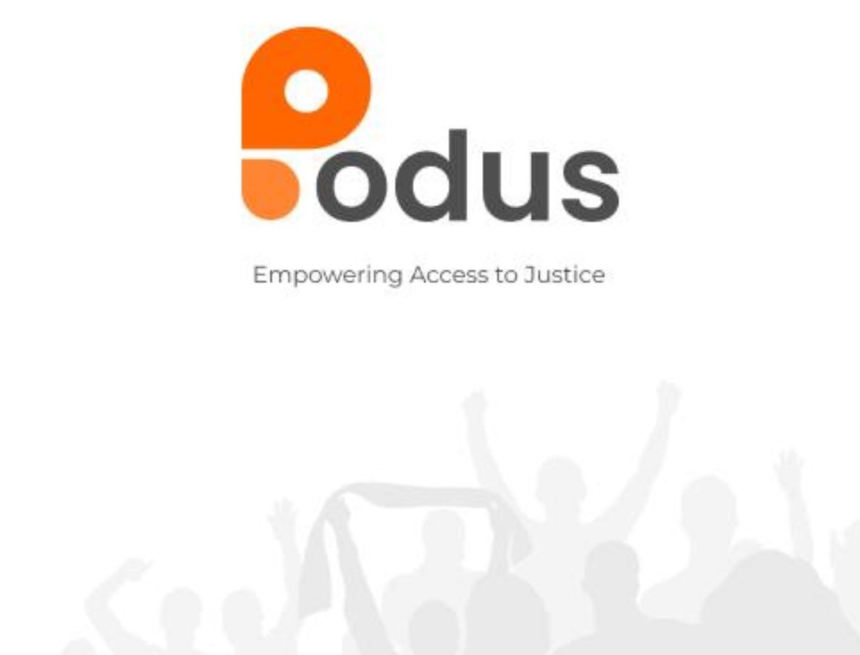In mid-May, Ojukwu Daniel, a journalist with the Foundation for Investigative Journalism, was abducted and detained for 9 days by the cybercrime department of the Nigeria Police Force. According to the police spokesperson, a preliminary forensic investigation found evidence implicating Ojukwu in cyber-related crimes.
Daniel’s detention, in truth, stemmed from his investigative report exposing financial malfeasances by a government official, who consequently submitted a petition leading to the journalist’s arbitrary arrest. Following pressure from media organisations, Daniel was soon released.
Daniel’s arbitrary detention underscores the repressive regime that confronts journalists and innocent individuals alike in the sub-Saharan region, highlighting the need to be aware of constitutional rights and possible violations of the law.
In a clever response to this, a group named Citizens’ Gavel launched a platform, powered by artificial intelligence, to help Nigerians access prompt justice and obtain legal research assistance when needed. The application is built exclusively on Nigerian law and, thus, contains information related to citizens’ rights, laws, and common legal guidelines.
Citizens’ Gavel, also known as Tech for Justice or simply Gavel, is a civic tech organization focused on enhancing the course of justice using technology. The organization was established in 2017 by Nelson Olanipekun, a law graduate from Ekiti State University, and emerged from an incubation program at Civic Hive, the media and incubation arm of BudgIT. The organization has offices in Lagos, Ibadan, and Abuja.
As an entity focused on accelerating justice through technology, Citizens’ Gavel connects pro bono lawyers with indigent clients while digitizing legal proceedings for transparency.
AI for Social Justice
At a 3-day dialogue held in May, in collaboration with the Centre for Journalism Innovation and Development (CJID), the group hosted legal practitioners, journalists, undergraduates and various media practitioners to discuss how Podus AI could be deployed for social justice. The conversation also revolved around the integrity and independence of the judiciary and ensuring equal access to justice for all and sundry.

Allegations of corruption, external pressures on its decision-making, especially in high-profile cases, have raised questions about the judiciary’s ability to fulfil its constitutional mandate and maintain public trust.
The group explained that the Podus AI is trained to address cases of emergency associated with police extortion and brutality, fundamental rights abuse, and illegal detention, among others.
Citizens’ Gavel said the platform has been made easy and is user-friendly, “just visit the site Podus.org, create a case there and it gets assigned to a lawyer, who sees you get justice. It also works through the WhatsApp app by chatting with the mobile number 2347067951851 or the mobile app, or use the SMS which will be launched in the next quarter.”
The operations lead, Oluwafemi Ajibade, who is a lawyer, said their target audience “is the abused, victims of human rights abuse and gender-based violence or maybe those intimidated by an employer, a landlord or by someone of a superior authority that might want to exploit or intimidate them.”
Folarin Oluwatosin, the program lead at Citizens’ Gavel, added that Podus AI could assist in document drafting and review, generating legal documents such as contracts, briefs, petitions, and motions using templates and context-based auto-filling.
“Podus AI also empowers media practitioners and journalists by enhancing their investigative journalism capabilities. The platform excels in data mining and analysis, uncovering hidden patterns and connections in large datasets, which are crucial for in-depth investigations. It assists in drafting and submitting Freedom of Information, or FOI requests, ensuring they meet legal requirements and increasing the likelihood of obtaining the desired information,” he explained.
Oluwatosin further mentioned that the platform ensures safety and anonymity for users, protecting them against retaliation.
“An interesting aspect of Podus AI is its accessibility. The platform is free, seamless to use, and integrates with popular applications like WhatsApp, allowing users to interact with the application and receive answers to legal questions at their fingertips. It also includes text-to-speech capabilities.”
An ultimate win for the rule of law
At the dialogue, the group presented findings from a comprehensive survey conducted among 18 judges and 88 legal professionals in Nigeria.
Among the aims of the survey were the impact of these decisions on public trust, the effectiveness of complaint procedures in addressing judicial corruption, external pressures and influences on judicial decision-making, reporting and addressing corruption within the judiciary, salary transparency and remuneration for judicial officers, among others.
The launch of Podus AI by Citizens’ Gavel is a bold step towards enhancing social justice in Nigeria by making legal assistance ready and easily accessible and empowering citizens with knowledge of their basic rights.
Initiatives like this are crucial for creating a law-abiding society while improving fairness and deepening trust in the judicial system. As AI expands more rapidly, with more competitors joining the race, this will ultimately strengthen the rule of law and ensure equitable access to justice for all.





